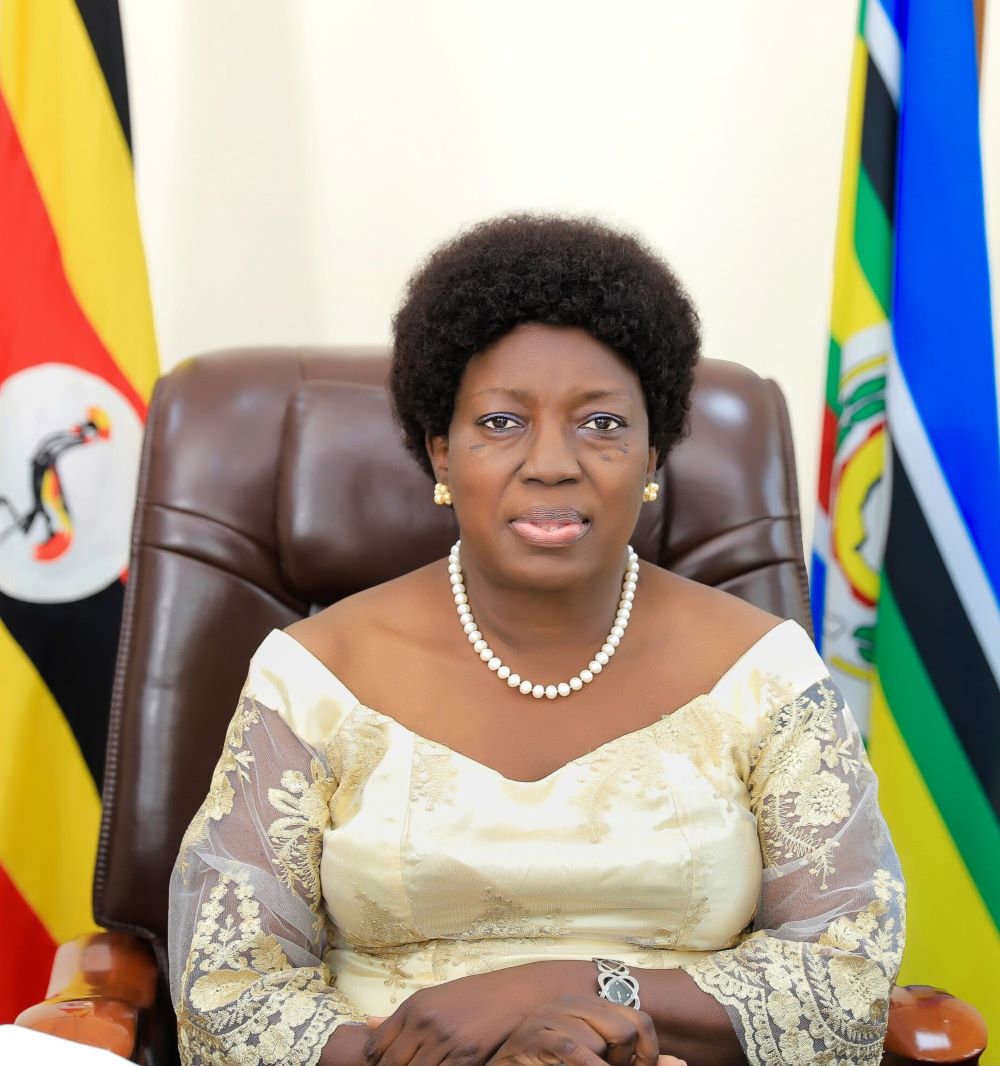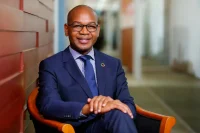Ugandans have been called upon to learn and speak Kiswahili as part of efforts to promote regional integration and economic growth in East Africa. Making the call, Uganda’s First Deputy Prime Minister and Minister for East African Community (EAC) Affairs Rebecca Alitwala Kadaga, said Kiswahili is a widely spoken language that can unite not just East Africa but the entire African continent.
Ms Kadaga said Ugandans should drop the negative attitude they have towards Kiswahili and embrace it as an African language. Ms Kadaga said Kiswahili had earned a bad reputation partly because it was used in pre-colonial times by slave traders from the East African Coast. She said, however, the Government of Uganda is working on a roadmap to promote the use of Kiswahili in the country.
Ms Kadaga said Kiswahili will in future be made a compulsory and examinable subject in primary schools. The DPM said there are plans to amend the EAC Treaty to operationalise the use of Kiswahili and French following the adoption of the two languages as official languages of the Community by the 21st Ordinary Meeting of the Summit of EAC Heads of State in February 2021.
Ms Kadaga was speaking during a media briefing on the upcoming Second EAC World Kiswahili Day celebrations to be held in Kampala, Uganda, from 5th – 7th July, 2023. She said that it was a great honour for East Africa as the home of Kiswahili to have it as the first indigenous African language to be recognised by UNESCO.
The DPM further said that 7th July, which is World Kiswahili Day, is of significance to the EAC as it is the day that the Treaty for the Establishment of the EAC came into force. The Treaty was signed by their Excellencies President Daniel arap Moi (Kenya), President William Benjamin Mkapa (Tanzania) and President Yoweri Kaguta Museveni (Uganda) on 30th November, 1999. It came into force on 7th July, 2000.
The East African Legislative Assembly passed a resolution in 2016 to have Kiswahili adopted as an official language of the Community.
See >> Origin Of Word Boda Boda Sparks War Between Kenya And Uganda
Addressing the press conference, the EAC Deputy Secretary General in charge of the Infrastructure, Productive, Social and Political Sectors, Andrea Aguer Ariik Malueth, who represented EAC Secretary General Dr Peter Mathuki, described Kiswahili as a language that carries African culture. “Kiswahili as language enables us to express ourselves, showcase our culture to the rest of the world, carries our aspirations and projects our beauty as Africans,” said Malueth.
In her remarks, the Executive Secretary of the East African Kiswahili Commission (EAKC), Dr Caroline Asiimwe, said the EAC Treaty recognises Kiswahili as the lingua franca for the region. She added that the status of Kiswahili has since been elevated after it was adopted by the Summit as one of the official languages of the Community in addition to English and French.
Dr Asiimwe urged Ugandans to change their negative attitudes towards Kiswahili, adding that mastery of the language would open up immense opportunities in trade, media, criminal justice system and healthcare, among other sectors. “The negative perceptions and attitudes towards Kiswahili are misplaced. The negative attitude is carried by personalities, not the language,” said Dr Asiimwe.
See >> Accord Between Kinshasa And Kigali Crucial For East African Community
The Executive Secretary said that the EAC would work with partner states governments and the media to sensitise East Africans on the importance of learning and speaking Kiswahili.
Speaking at the same event, East African Legislative Assembly Speaker, Rt. Hon. Joseph Ntakirutimana, expressed hope that Kiswahili would in years to come be spoken on all the continents, becoming a world language in the process. “In 1,000 years to come, Kiswahili will be spoken in Japan, Europe, America and other parts of the world. This will be a great recognition for East Africa,” said Rt. Hon. Ntakirutimana.













Leave a comment